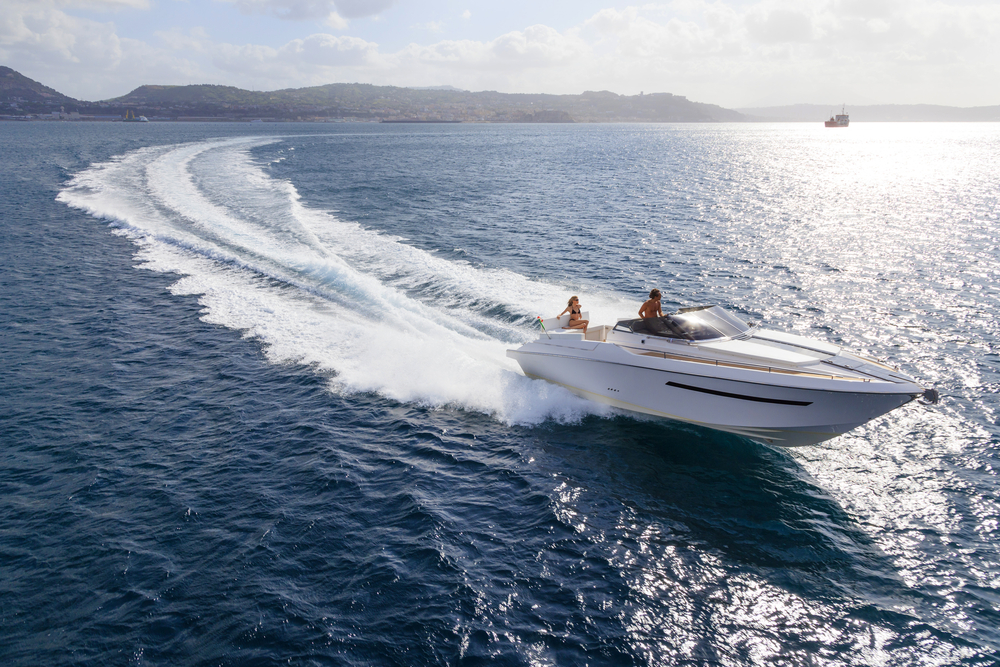Boating accidents happen every year, despite boaters taking safety measures designed to keep everyone on the water safe from harm.
According to the U.S. Coast Guard, 767 people died in boating accidents in 2020.
You might think that this number seems high, but it can be hard to judge risks when you’re not familiar with them, especially when the risks are largely hidden from view like they are on the water.
Here are five facts about boating accidents that you should know, which may help ensure that you take the proper precautions to keep yourself and others safe.
The Most Common Cause Of Boating Fatalities Are Due To Drowning
It’s not uncommon for someone to fall overboard. Being prepared and knowing how to help in that situation can save a life. By wearing a USCG-approved PFD (life vest), you can double your chances of survival.
Have a flotation device within reach of every passenger, along with an emergency whistle, light stick, and waterproof matches or flares — and have someone on board who knows CPR just in case. Once your boat is underway, look over both shoulders before changing lanes or turning around.
If you are traveling at night, make sure that all passengers wear appropriate safety gear and have a flashlight if they plan on walking around after dark.
Older Adults Are At Higher Risk For Boating Injuries
While children and teens comprise over half of all recreational boating injuries, almost 30% of victims are over 60. Among boating deaths in 2013, 36% were 55 or older. Even though older adults are less likely to go boating than younger generations, they’re at higher risk for injury or drowning if they do.
It’s not because they lack balance—it’s because they lack strength and fitness levels. If you’re an adult who wants to start boating, it’s important to pay attention to your overall health and your skill level before hitting the open water. An active lifestyle can help keep you safe on a boat, even in rough conditions.
The United States Coast Guard (USCG) recommends wearing a life jacket, staying away from machinery, and learning how to swim. The USCG also recommends taking classes on navigation rules, weather awareness, handling emergencies and first aid before getting on a boat.
Alcohol Use Is Associated With Watercraft-Related Deaths And Injuries
In 2014, an estimated 80% of all recreational boating fatalities were alcohol-related. In 2015, 40% of people admitted to U.S. emergency rooms for injuries sustained while boating were under age 21; 71% had consumed alcohol before their boating accident.
The relationship between alcohol use and watercraft-related accidents is unequivocal: Alcohol impairs judgment and increases risk-taking behavior on the water, just as it does when driving a car or operating machinery on land.
Although blood alcohol concentration thresholds differ for operators of motorized boats versus non-motorized boats and older versus younger operators, it is unlawful to operate any vessel with a blood alcohol concentration of .08 or higher anywhere on U.S. waters.
Personal Flotation Devices Reduce Your Risk For Death By 71% If You Fall Into The Water
If you have a boat and spend time on or near water, it’s essential to make sure that you wear your personal flotation device.
The U.S. Coast Guard reports that more than 1,000 people die every year in boating accidents; despite many more being rescued, drowned victims often outnumber those who survived. Fortunately, there are over 500,000 wearable life jackets in use today.
Some use tethers, while others rely on inflatable airbags to keep wearers afloat until they can be rescued. No matter which type of life jacket you choose to wear while boating, make sure it is U.S Coast Guard approved and fits properly before hitting open water!
Speed Causes Almost Half Of All Boating Fatalities
Strict rules and regulations govern water traffic, but when people push these boundaries, they often don’t realize how dangerous their actions can be.
One small mistake or error in judgment can lead to devastating consequences on water, especially if traveling at excessive speeds. A boat that seems like it should go fast doesn’t necessarily make it safer to travel at high rates of speed.
It can also increase your chances of being involved in a crash. While you are allowed to travel at 10 miles per hour in small rivers and streams, larger bodies of water have speed limits that vary from state to state.
If you fail to abide by these rules and regulations, you could find yourself facing severe consequences, including criminal charges, fines, or imprisonment. Speed is not worth taking these risks, and it can significantly impact your chances of surviving a boating accident if it happens while you are going too fast.
Following boating safety rules will help keep you safe on the water, ensuring your summer isn’t cut short due to an unfortunate boating accident. Don’t become a statistic. Know the rules of boating and stay safe every time you hit the water.



